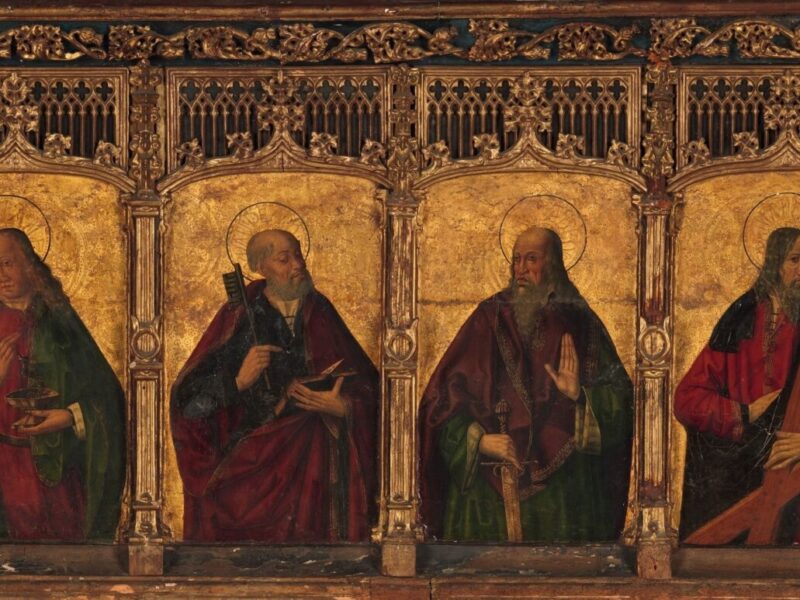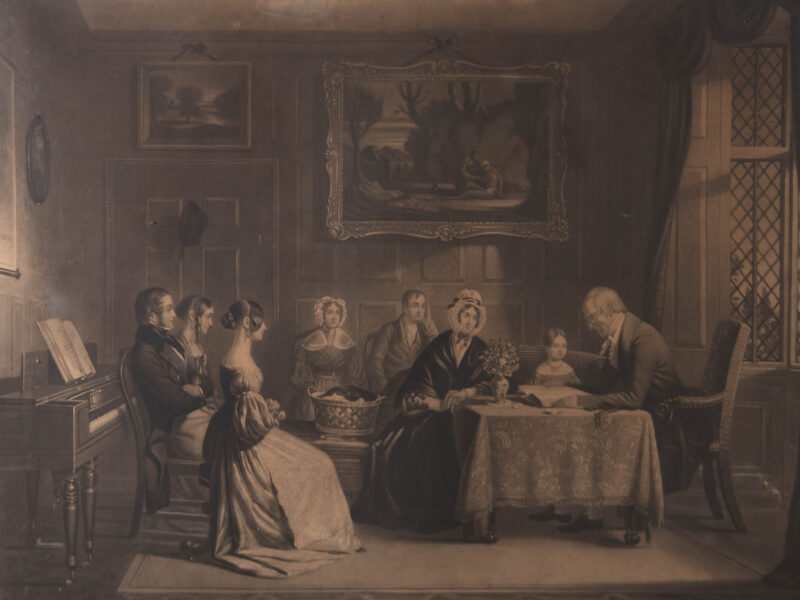For the next few days I am going to post some more thoughts from J.C. Ryle’s Knots Untied – these being from the very first chapter of the book, on “What Evangelical Religion is.” Bishop Ryle starts out by defining what “evangelical religion” is, what it is not, and what makes much religion not evangelical. Then he writes a five-fold answer to that first question, and here is the first of his five points:
To the question “what Evangelical Religion is?” the simplest answer I can give is to point out what appear to be its leading features. These I consider to be five in number.
( a ) The first leading feature in Evangelical Religion is the absolute supremacy it assigns to Holy Scripture, as the only rule of faith and practice, the only test of truth, the only judge of controversy.
Its theory is that man is required to believe nothing, as necessary to salvation, which is not read in God’s Word written, or can be proved thereby. It totally denies that there is any other guide for man’s soul, coequal or co-ordinate with the Bible. It refuses to listen to such arguments as “the Church says so,”—“the Fathers say so,”—“primitive antiquity says so,”—“Catholic tradition says so,”—“the Councils say so,”—“the ancient liturgies say so,”—“the Prayer-book says so,”—“the universal conscience of mankind says so,”—“the verifying light within says so,”—unless it can be shown that what is said is in harmony with Scripture.
The supreme authority of the Bible, in one word, is one of the cornerstones of our system. Show us anything plainly written in that Book, and, however trying to flesh and blood, we will receive it, believe it, and submit to it. Show us anything, as religion, which is contrary to that Book, and, however specious, plausible, beautiful, and apparently desirable, we will not have it at any price. It may come before us endorsed by Fathers, schoolmen, and catholic writers; it may be commended by reason, philosophy, science, the inner light, the verifying faculty, the universal conscience of mankind. It signifies nothing. Give us rather a few plain texts. If the thing is not in the Bible, deducible from the Bible, or in manifest harmony with the Bible, we will have none of it. Like the forbidden fruit, we dare not touch it, lest we die. Our faith can find no resting-place except in the Bible, or in Bible arguments. Here is rock: all else is sand.
I’ll post another one of his five points soon.
This post originally appeared at the Prydain website. It is republished here with Will Prydain’s permission.





'J. C. Ryle on What Evangelical Religion Is (Part 1)' has no comments
Be the first to comment this post!